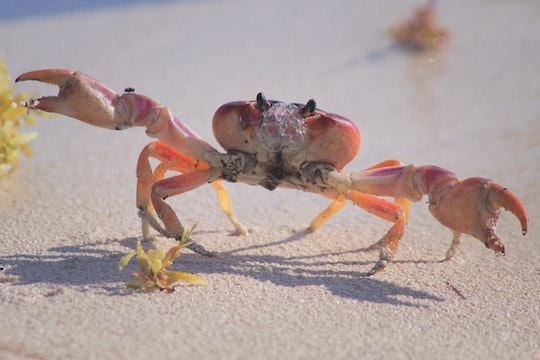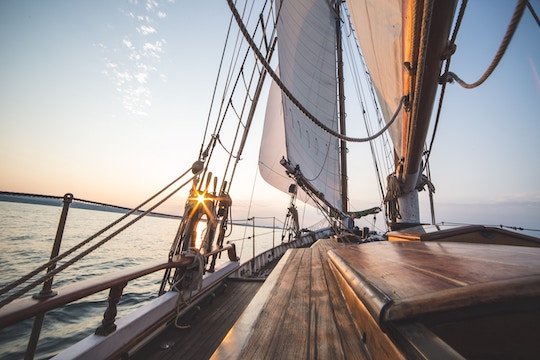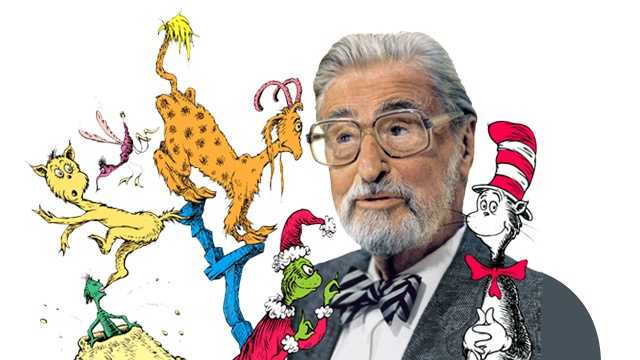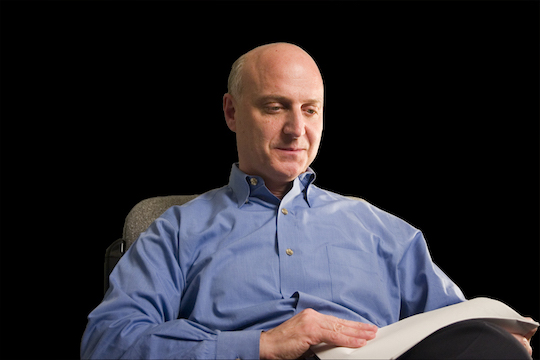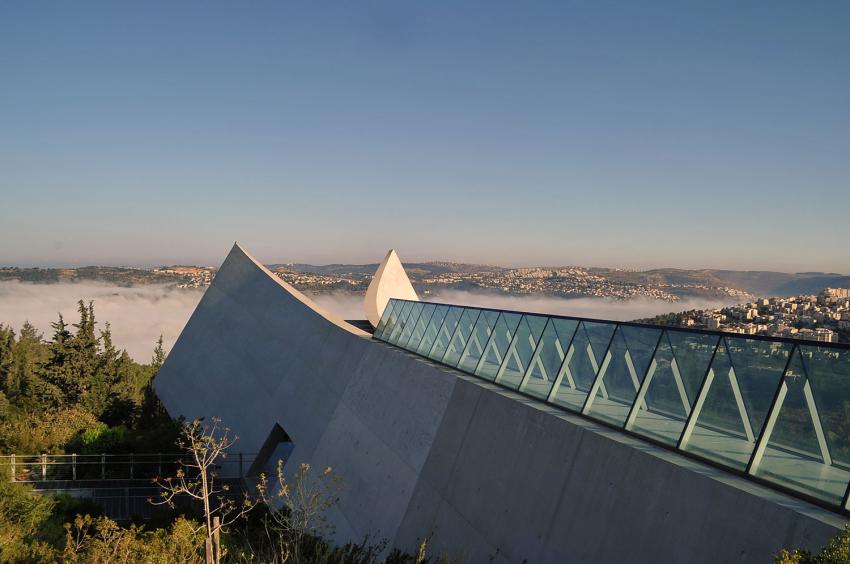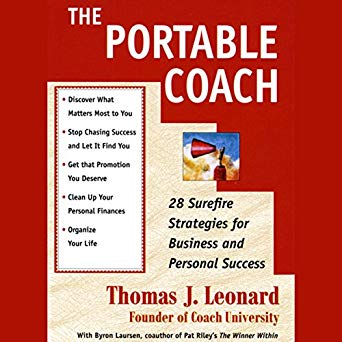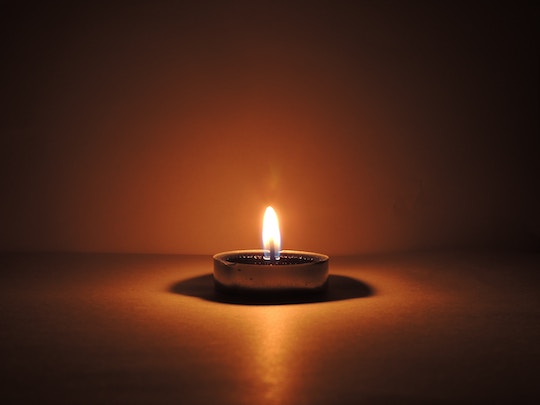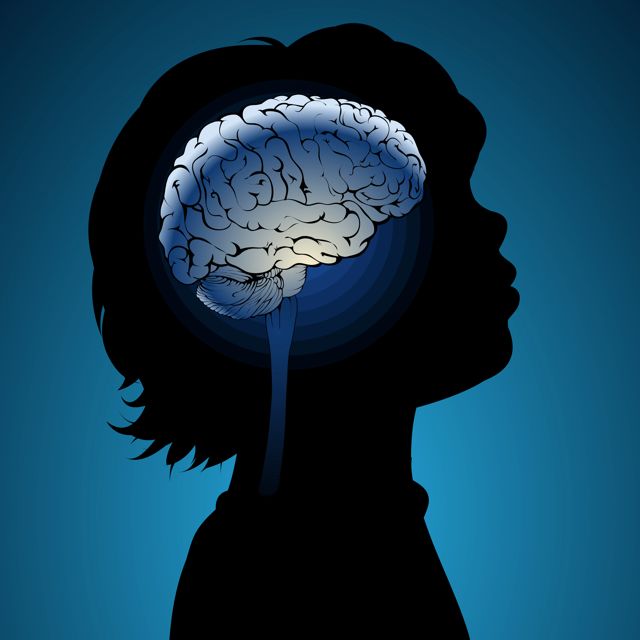“Put old wine into new bottles.”
—Author Unknown
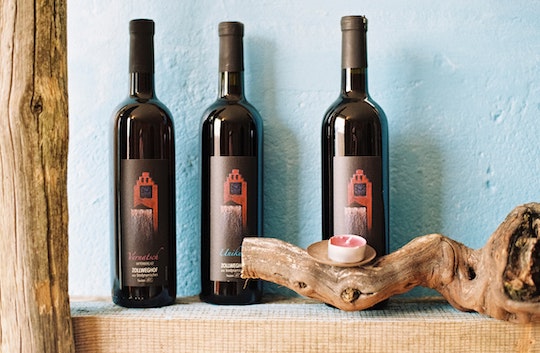
Image from Unsplash by Markus Spiske
I have always had a passion for learning. I guess that may be why my first career out of college was as a science teacher. Learning how the world worked was a place to explore with endless possibilities.
For me, learning for the sake of learning only took me so far. Over the years, I began to notice how attracted I had become to the actual practical application of this learning.
In the midst of COVID, I have had a lot of time to read and explore what I like to call The Wisdom of the Ages, along with many new books and resources from today’s great writers, thinkers, and leaders.
A common practice in many current books is the use of provocative quotes and engaging stories. They often include many references and expansive indexes that bolster their current insights and messages.
Perhaps there is very little truly unique and original thinking these days. Maybe what the best and brightest of us do is simply put old wine into new bottles.
EXERCISE:
Where and how can you, too, use the knowledge and wisdom you have acquired over the years to navigate your current challenges and opportunities?
Consider exploring my book, The Quotable Coach – Daily Nuggets of Practical Wisdom – with its 365 quotes, coaching commentaries and exercises as a tool to support this effort.
Thank You!

